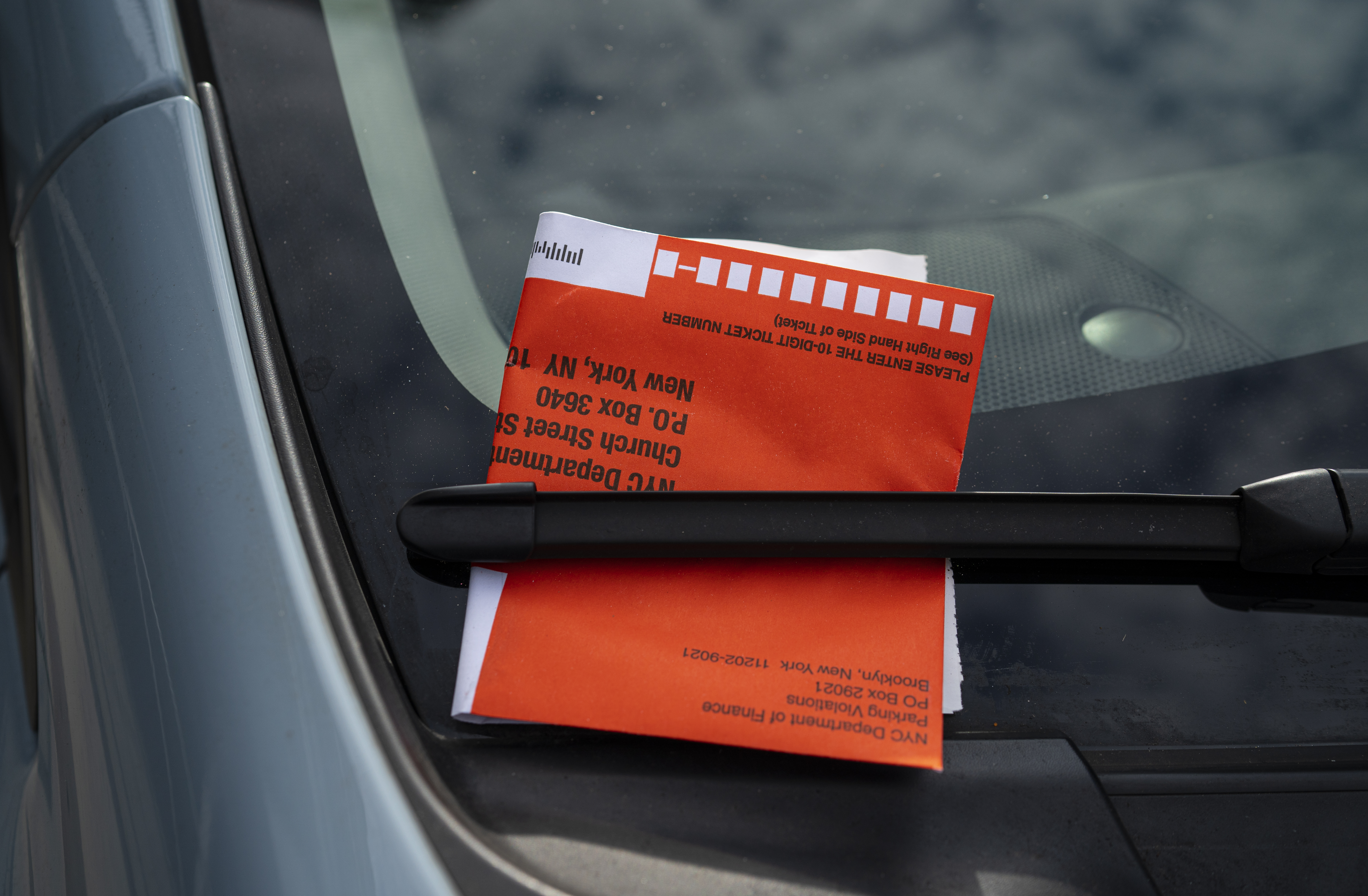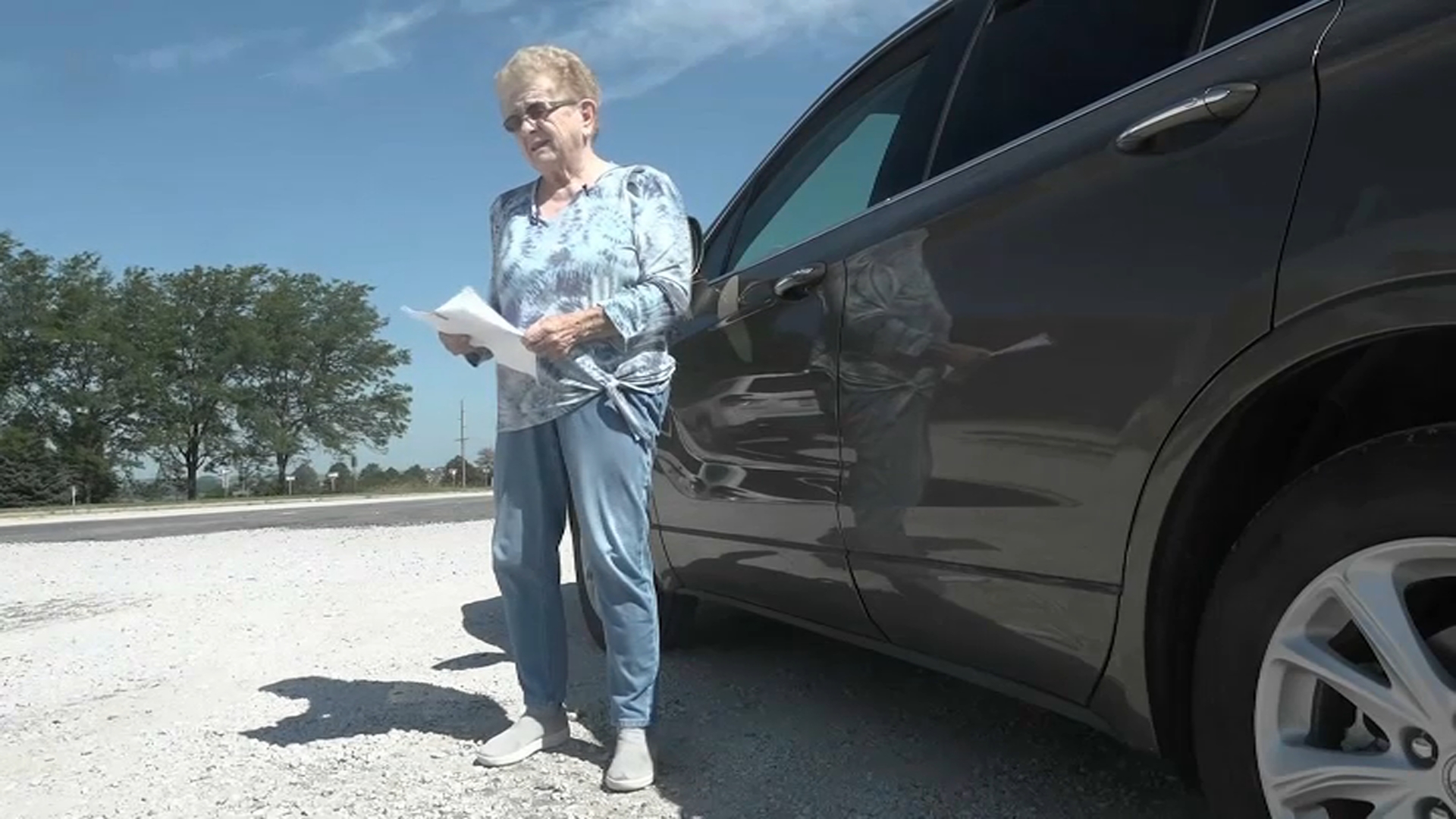A new push on Long Island to ticket drivers who blow through a stop sign. Greg Cergol reports.
There is a new push on Long Island to ticket drivers who blow through stop signs, though the means of catching those law-breakers has sparked controversy.
Speed cameras are now being posted next to stop signs throughout a neighborhood in Nassau County, and not only is it catching drivers by surprise they're also being hit with fines. Though, some are now questioning: Is that even legal?
It clear that for some drivers in the North Shore village of Saddle Rock, stop signs appear to be optional.
Watch NBC 4 free wherever you are
"They drive very fast and don’t even stop. We walk a lot, so we see [it happen]," said Mira Cohen.
Get Tri-state area news delivered to your inbox with NBC New York's News Headlines newsletter.
However, that changed about a year ago, Cohen said, when village officials installed several stop sign cameras — and started issuing $60 tickets to violators.
Some village residents have said the camera have slowed drivers and made streets safer, especially for children. But that doesn't necessarily make them legal.
"I know there’s no state law that authorizes them," said attorney Richard Rosenberg, who is among the many drivers who have received stop sign camera tickets, but questions whether the village has the authority to issue them.
"I filed a dispute. That’s my basis. There’s no legal authority for it," said fellow lawyer Robert Zausmer, who is fighting his ticket as well.
After NBC New York consulted several state agencies, it appears they may have an argument. In past cases, traffic cameras were only installed after New York state lawmakers approved them. That never happened in Saddle Rock’s case.
"If they say you require a state law to do it, and there’s no state law, then they had no authority to do it," Zausmer said.
Saddle Rock’s mayor didn’t respond today to requests for comment, and the village hall was closed.
Several drivers who have received stop sign camera tickets say they don’t plan on paying the fines until there’s clarification about the legality of this entire system.
"Their feelings were pure, they wanted to make it safe. But I don’t know if it was handled in a way that the community feels was appropriate," said resident Barbara Weisman.




